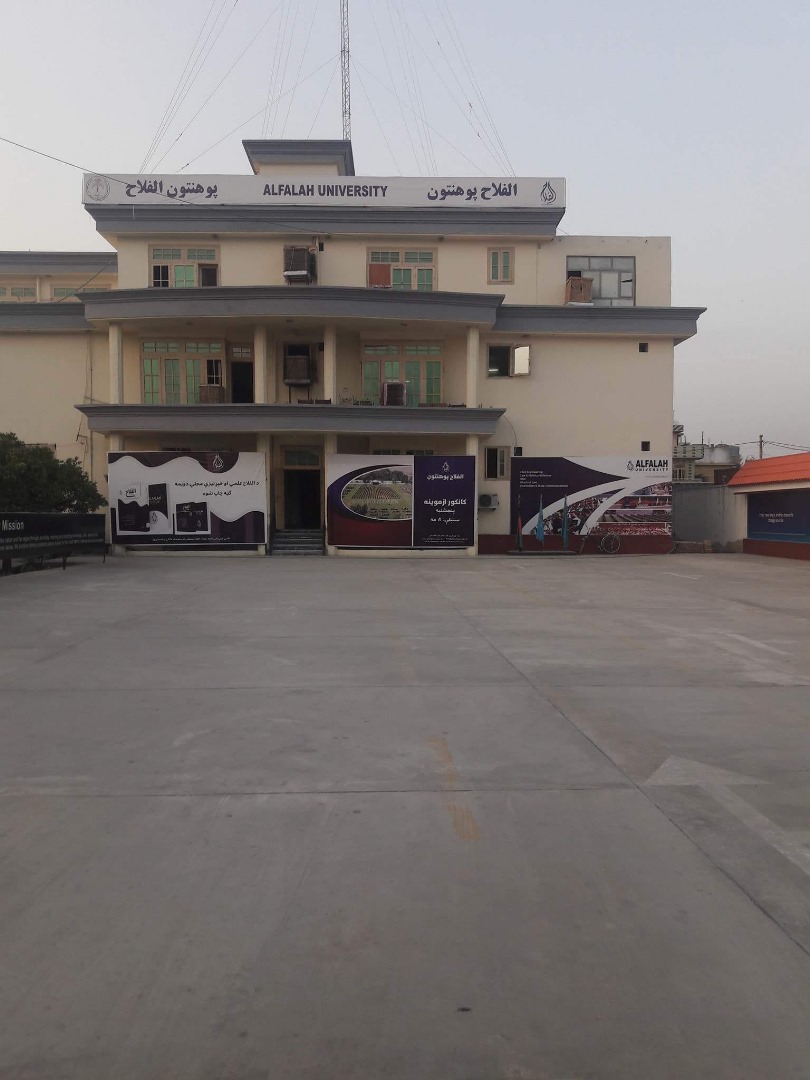RASC News Agency: Local sources in Nangarhar have reported that Al-Falah Private University has officially dissolved its Journalism Faculty due to the Taliban’s stringent anti-media policies and dwindling student interest. A credible source revealed on Sunday, January 30, that this decision was driven by the Taliban’s draconian restrictions on media activities and a significant decline in students’ enthusiasm for pursuing journalism studies. University officials and representatives of the Taliban in Nangarhar have not yet provided any statements on the issue. This development aligns with the Taliban’s increasing suppression of media freedoms, including a complete ban on photography and live broadcasting in certain provinces. Earlier, reports from Herat indicated that the Taliban had prohibited women from appearing as anchors on television and other visual media platforms in the region.
In Herat, the Taliban justified this action by claiming that women’s voices could “provoke themselves” and “provoke men.” Similarly, sources in Badghis province confirmed that the Taliban had imposed a ban on broadcasting women’s voices on local radio stations. Furthermore, journalism students at Sheikh Zayed University in Khost province recently reported that all forms of photography and videography had been prohibited within their academic programs. This suppression comes despite photography and videography being critical components of practical journalism education. Over the past three years, the Taliban’s governance has underscored their vision for a closed, regressive society in Afghanistan.
The existence of media platforms and the dissemination of political, security, social, and economic realities are fundamentally at odds with the Taliban’s worldview. Although Afghanistan’s media institutions now largely operate under Taliban control, they remain unsupported, face relentless restrictions, and are subject to the group’s broader agenda of silencing independent voices and curtailing all forms of free press.






